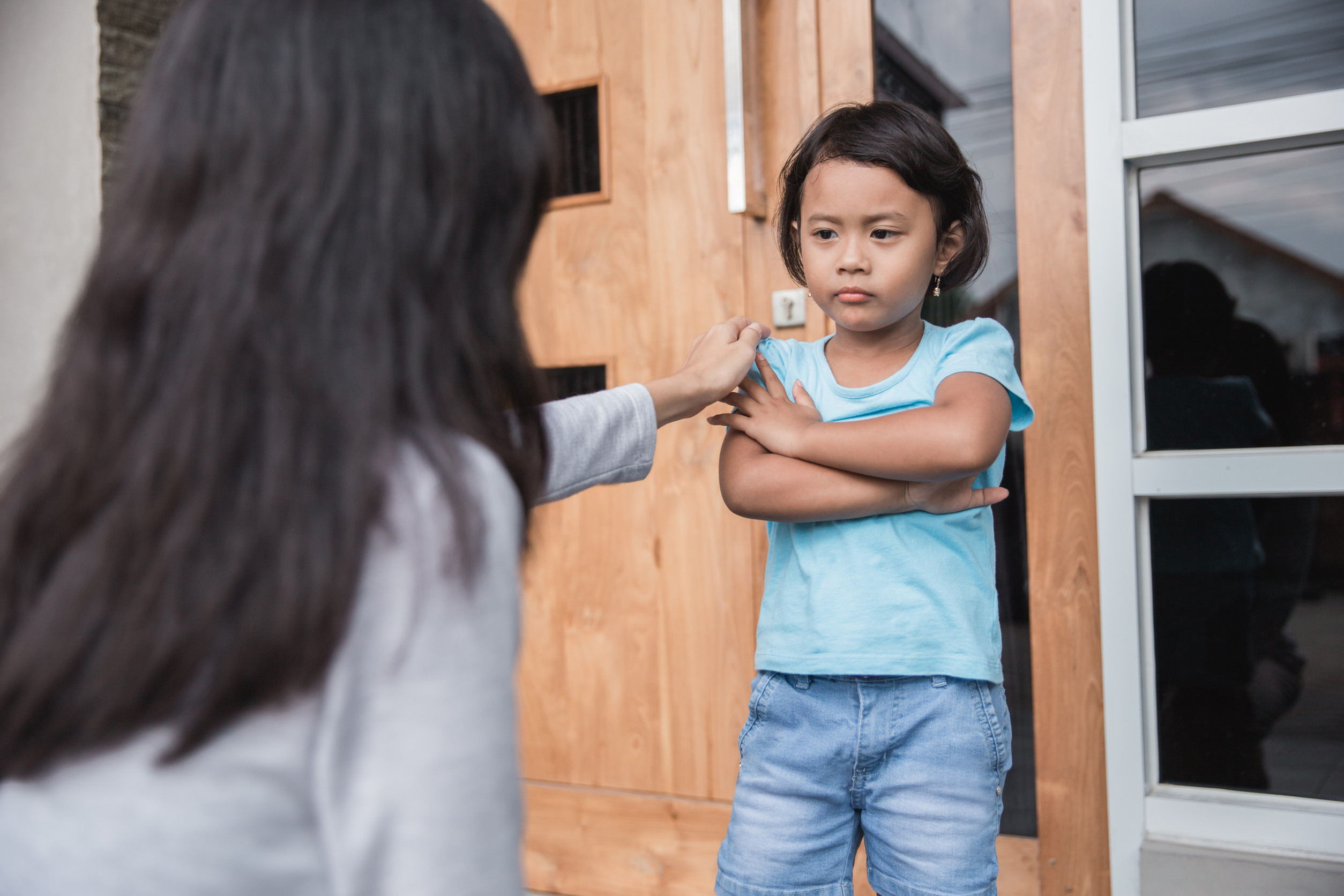Parenting is filled with tough decisions, and one of the most debated is whether to force children to apologize. While apologies are essential for repairing relationships, compelling a child to say ‘I’m sorry’ may not foster genuine remorse. Instead, it might result in a hollow expression of regret that leaves both parties unsatisfied. In this article, we explore the difference between forced apologies and authentic contrition, and how to nurture real empathy in your child. Our aim is to provide actionable strategies to help your child understand the true meaning of an apology.
The Difference Between Forced and Genuine Apologies
Forced apologies are often delivered under pressure rather than out of true regret. They can feel insincere and may even breed resentment over time. In contrast, a genuine apology is an expression of understanding, empathy, and accountability. When children understand why they are apologizing, they learn to take responsibility for their actions. Teaching this distinction is key to developing a strong moral foundation.
The Impact on Emotional Development
Forcing a child to apologize can lead to emotional disconnection and misunderstanding. When children are made to say sorry without truly understanding their mistakes, they may not grasp the real impact of their actions on others. This practice can hinder the development of genuine empathy and self-awareness. It may also cause the child to view apologies as mere formalities rather than heartfelt expressions of regret. Over time, this can damage the parent-child relationship.
Strategies for Teaching Genuine Remorse
Instead of compelling an apology, engage your child in a discussion about their behavior and its impact on others. Ask open-ended questions like, ‘How do you think that made your friend feel?’ and encourage reflection. Use role-playing or storytelling to illustrate the importance of empathy. Praise and reinforce sincere expressions of regret when they occur naturally. This method nurtures a deeper understanding of accountability.
Modeling Appropriate Behavior
Children learn a great deal by observing their parents. When you acknowledge your own mistakes and offer genuine apologies, you set a strong example. Modeling vulnerability and accountability teaches children that everyone is capable of error and that taking responsibility is a sign of strength. It also creates a safe space for children to express their own remorse without fear of punishment. Consistently demonstrating empathy encourages your child to follow suit.
Essential to Nurture
In the journey of parenting, it is essential to nurture genuine emotional growth rather than simply enforcing rules. Forced apologies can be counterproductive, while teaching children to understand and feel true remorse builds character. Encourage reflection, model accountability, and create an environment where sincere apologies become a natural part of growth. Ultimately, genuine remorse paves the way for healthier relationships and better conflict resolution.
Do you believe that the way a child apologizes can shape their future relationships? Let us know your thoughts in the comments!
Read More:
What Is Positive Discipline? A Cost-Effective Approach to Parenting
Tamila McDonald is a U.S. Army veteran with 20 years of service, including five years as a military financial advisor. After retiring from the Army, she spent eight years as an AFCPE-certified personal financial advisor for wounded warriors and their families. Now she writes about personal finance and benefits programs for numerous financial websites.


Leave a Reply